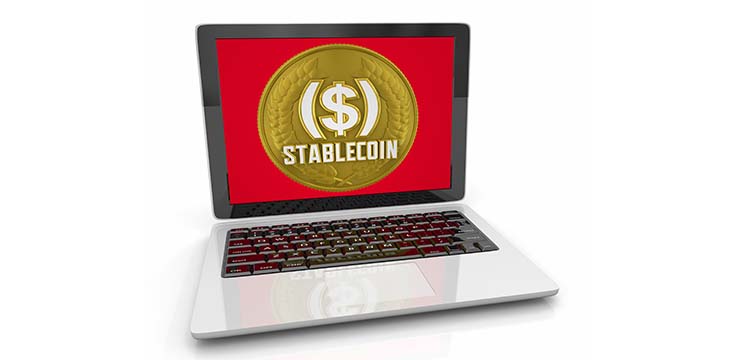|
Getting your Trinity Audio player ready...
|
The Bank of Korea (BOK) has disclosed that it is seeking an increase in its statutory powers to regulate stablecoins.
BOK revealed its position via a report published on December 12 as part of efforts to control the growing digital asset industry. In the statement, the banking regulator noted that stablecoins posed a threat to the financial stability of the country if they become widely used over traditional currencies.
The central bank stated that stablecoins pegged to foreign currencies have to comply with the foreign exchange laws of South Korea. It noted that stablecoins pegged to the Korean won are automatically under the purview of the central bank.
Stablecoin usage in South Korea has been rising alongside the speculative use of digital assets. Koreans have turned to dollar-pegged digital assets to protect themselves from the swinging volatility that characterizes the virtual currency industry.
However, the de-pegging of TerraUSD (UST), Terra’s algorithmic stablecoin, led to billions of losses for thousands of South Korean investors. The black swan incident stoked the flame for the central bank to take an advanced role in regulating stablecoin as it noted the need to protect investors.
The BOK report covered the concept of stablecoins, the need for special regulation, domestic and international trends, and legislation considerations. Under the proposed plans, stablecoin issuers will be given the same stringent regulations akin to banks and other financial institutions while ensuring that the assets are fully backed by cash or other acceptable forms.
Sweeping changes to South Korea’s digital asset ecosystem
Apart from the central bank’s proposal to regulate stablecoins, South Korean investors are bracing for an avalanche of new regulations for the industry. One of the incoming legislation for the industry is the Digital Asset Basic Act which has been in the works since 2021.
The country shelved plans to begin taxing digital assets gains until 2025 with a 20% levy imposed on profits exceeding $1,860. Other changes include taxes on inherited and airdropped tokens.
South Korea’s Ministry of Science and ICT (MSIT) disclosed a metaverse strategy and ethical principles for users and industry service providers. Although lacking the force of law, the principles serve as a guide for the operation of virtual worlds in the country, focusing on inclusiveness, respect for privacy, fairness, autonomy, and others.
Watch: The BSV Global Blockchain Convention presentation, Trust But Verify: Everything

 03-03-2026
03-03-2026 




